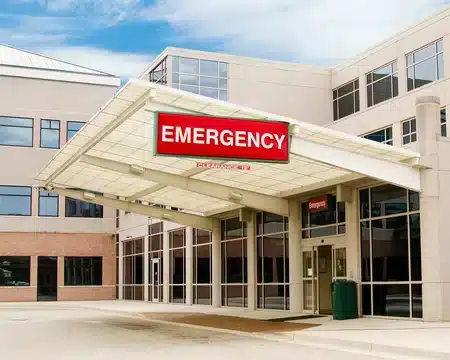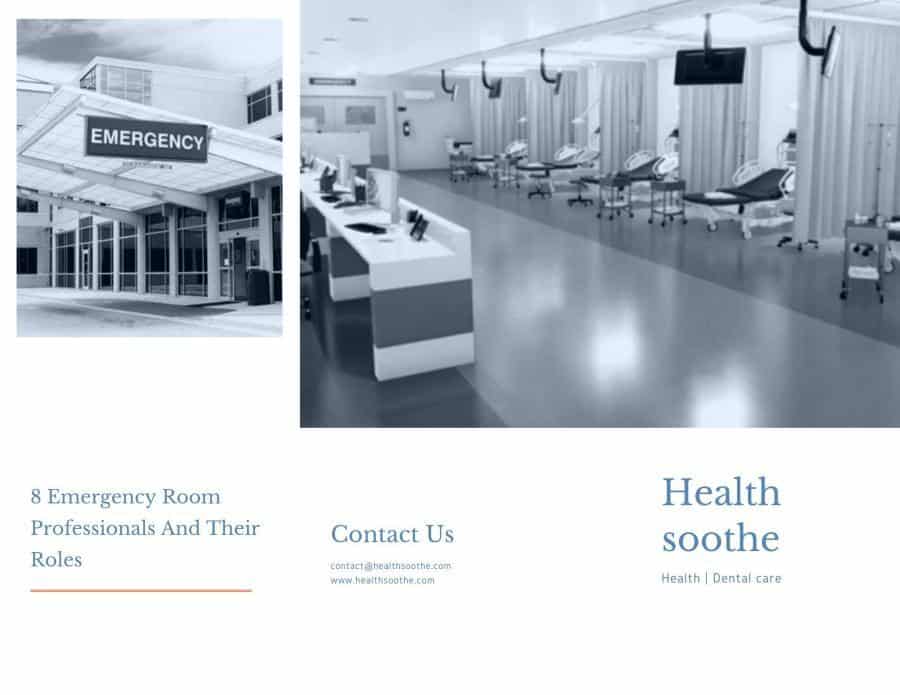Health emergencies are unpredictable. They can arise at any moment, and when they do, the immediate availability of comprehensive medical services can be the crucial difference between a swift recovery and prolonged suffering. In these moments, we find ourselves frantically searching for the 'best emergency room near me.' But what makes an emergency room 'the best'? Is it the speed of service, the breadth of care, or the level of expertise? In reality, it's a combination of all these factors and more.
Immediate Trauma and Wound Care
Trauma and wound care is an indispensable service provided in the emergency room near me. Trained medical professionals stand ready to handle a wide range of injuries, from superficial cuts to severe wounds. This care often includes immediate first aid, wound cleaning, suturing, pain management, and arranging for further treatment as needed. In the case of severe trauma, immediate surgical intervention may be required. This rapid response capability can significantly improve the prognosis and recovery timeline.
Advanced Diagnostic Services
Advanced diagnostic servicesare essential to identify the root cause of a patient's symptoms accurately. These services include laboratory tests that detect infections, chemical imbalances, or other diseases quickly. In addition, state-of-the-art imaging technologies such as CT scans, MRIs, and X-rays provide detailed insights into a patient's condition, allowing for accurate diagnosis and targeted treatment plans. The speed and accuracy of these services are crucial in an emergency situation, where early diagnosis can mean the difference between life and death.
3. Cardiac Care
In top-tier emergency rooms, cardiac care units are equipped with sophisticated technology to monitor and treat heart conditions. These units offer immediate electrocardiograms (EKGs) to detect heart abnormalities and can initiate rapid response protocols for conditions like heart attacks. In addition, they provide specialized post-care monitoring to ensure patients are stable before transitioning to a cardiac ward or going home. This immediate, comprehensive care level is vital when dealing with heart-related emergencies.
4. Pediatric Emergency Care
Pediatric emergency care requires a special touch. Children have different physiological responses to illness and injury, and their understanding and perception of the situation can significantly impact their experience. Pediatric units in top-tier emergency rooms are designed to be child-friendly, reducing the intimidation and fear often accompanying hospital visits. They are staffed with trained pediatricians and nurses who specialize in the care and treatment of children, providing a comforting environment alongside expert medical attention.
5. Critical Care Services
Critical care services cater to patients with life-threatening conditions. These services often include intensive monitoring, respiratory support, emergency surgery, and specialized treatment protocols. Critical care units in the best emergency rooms are staffed around the clock with highly trained specialists, ensuring immediate and expert care. Furthermore, these units are equipped with cutting-edge technology, allowing for the best possible patient outcomes in dire situations.
Conclusion
Emergencies are unpredictable, but the comprehensive care provided by top-tier emergency rooms offers a beacon of hope in such uncertain times. These facilities are designed to handle a wide array of medical emergencies with the utmost skill and sensitivity, ensuring that patients receive timely, appropriate, and high-quality care. Understanding the range of services provided by your nearest emergency room can help you make informed decisions when emergencies strike.



